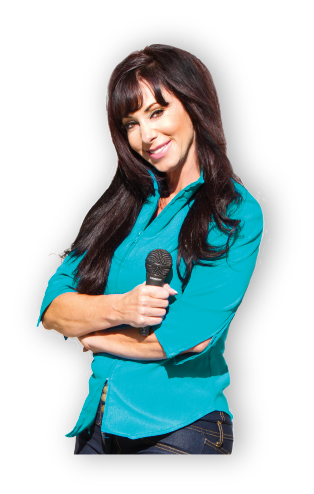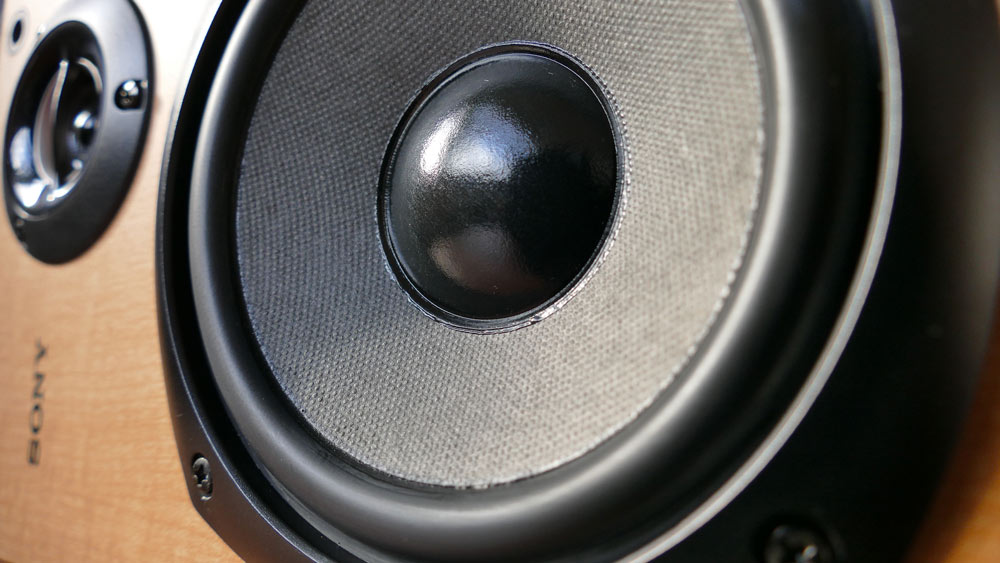Irrespective of what project you’re recording, you will always need a good set of studio monitors. As a creative professional, you already know why – good studio monitors provide detailed sound, helping you spot even the slightest inconsistencies (if present).
But, have you ever wondered how studio monitors are able to achieve this?
Well, studio monitors are designed to produce flat audio signals. Mind you, the reproduction is as flat as can be with regard to the audible frequency spectrum. On the other hand, commercial speakers come with a few tweaks to provide a more punchy sound.
In other words, studio monitors do not prioritize frequencies while commercial speakers do.
So, in the end, what you get with a set of studio monitors is unadulterated sound; there aren’t going to be any changes in the recorded sound, irrespective of what the volume level is set at. Studio monitors also capture the slightest variations, which is something normal speakers fail at.
Now that you know why studio monitors are significantly different, the next step is to find out which set of studio monitors work best for your needs. Well, here are a few considerations you can make to simplify your selection process.
Frequency Range
The single, most important aspect of a good set of studio monitors is that they must be able to produce accurate sound. So, when choosing, look for something called the frequency range. This will help you determine if the monitors can handle the complete frequency range of your recordings.
In general, anything that can handle 50Hz (hertz) to 20kHz (kilohertz) is good enough.
Other than that, you will also have to look at the variation the monitors will produce across the frequency range. This is usually indicated as dB (decibels). So, if you see a set of monitors showing the frequency range as 50Hz to 2kHz± 2dB, it means that certain frequencies are softer or louder by 2 decibels across the frequency range.
As a general rule, stick to anything that does not cross 3dB.
THD or Total Harmonic Distortion
THD indicates accuracy in general. It basically tells you how clean the sound reproduction is through the concerned set of monitors. Usually, you’ll see THD being expressed as THD+N. N here refers to noise, which is a default part of the THD equation.
Noise and distortion are bound to be present in any recording. However, the key is to make sure that it is hardly noticeable. In other words, get it as close to 0 as possible. Fortunately, most studio monitors are capable of drastically reducing noise reproduction and distortion.
So, the final decision with regard THD to boils down to your own preference.
Wattage
Wattage comes into consideration when you’re dealing with larger studios. If your studio is really large, you’ll need something that can produce over 60 watts of sound in order to hear every detail. For medium sized studios, anything between 10 to 60 watts will do.
ABOUT ROBERTA –
Roberta is a Professional AND award Winning International Voiceover Actor, as well as an accomplished on-camera actress and spokesperson. She lives in the beautiful San Francisco Bay Area and is the owner of Roberta Kennedy Voice Talent and RK Productions, Inc.
She voices for companies around the world using her state of the art, broadcast quality studio. She’s hired for commercials, web demos and explainer videos, product infomercials, documentaries, promo/imaging, political ads, e-learning videos, podcasts, guided real estate tours, telephony/IVR projects, high profile corporate presentations, video games and character animation.
Her voice is described as: playful, contemporary, compelling, commanding, inviting, sultry and smooth. A hip edge with sophistication, bold, warm, interesting and engaging are also commonly used adjectives to describe her voice.
Her home studio is equipped with ipDTL, ISDN and phone patch capability with lightning fast turnaround times! A voiceover talent with over 20 years of voiceover acting experience, she offers a full range of voiceover services at highly competitive rates & will work with your budget to help you promote your business to new levels of excellence!
To request a personal quote or audition and/or to review more of her credits & demos, feel free to visit her website: www.robertakennedy.com– or mail her at roberta@robertakennedy.com. You can even give her a call on (408) 313-7202.


